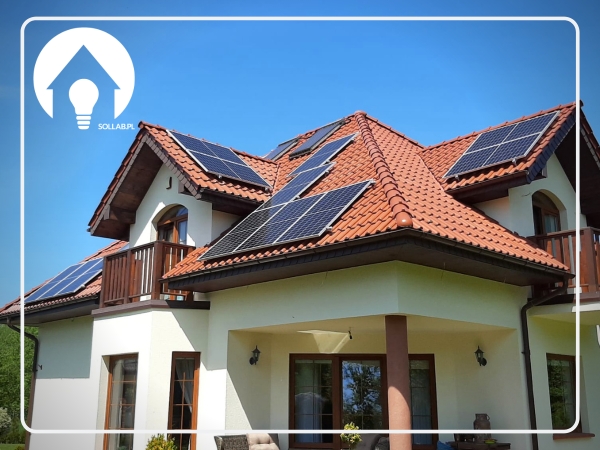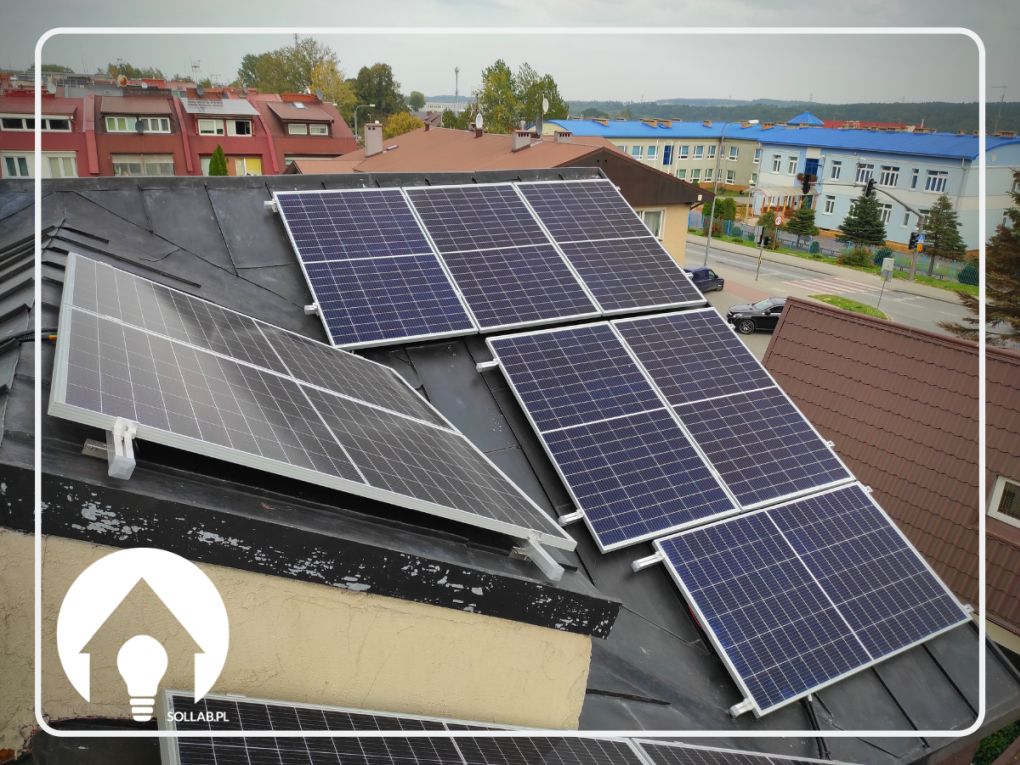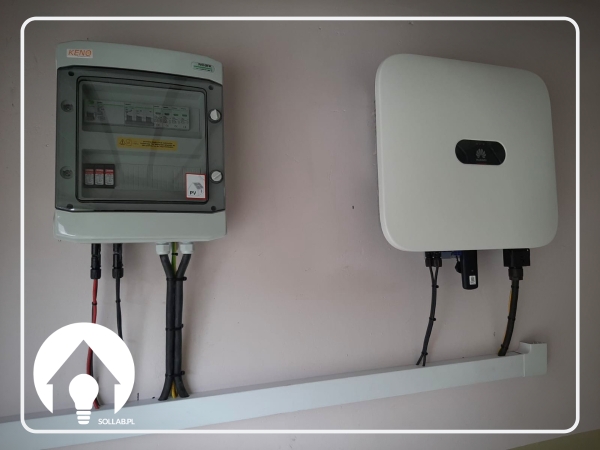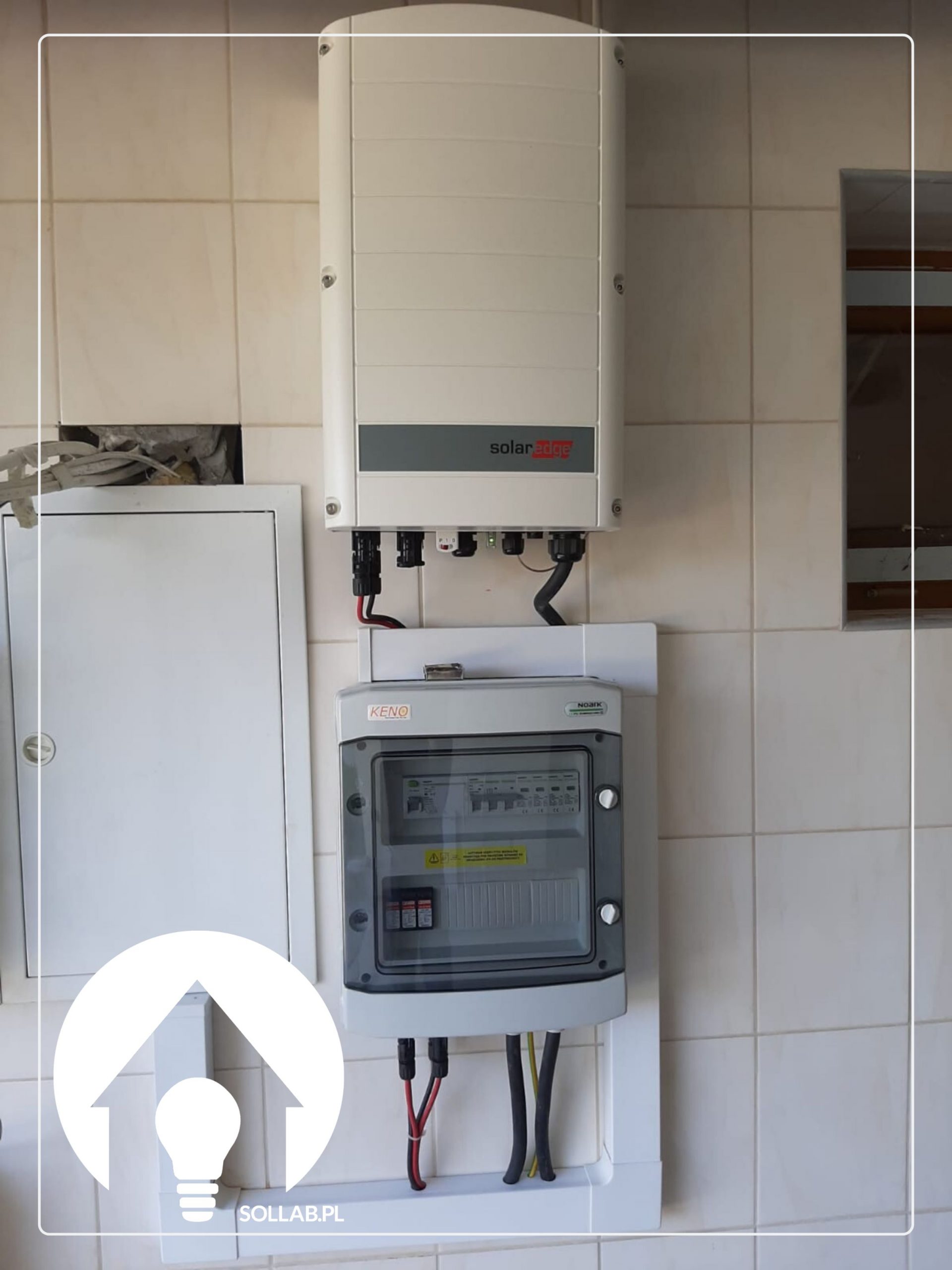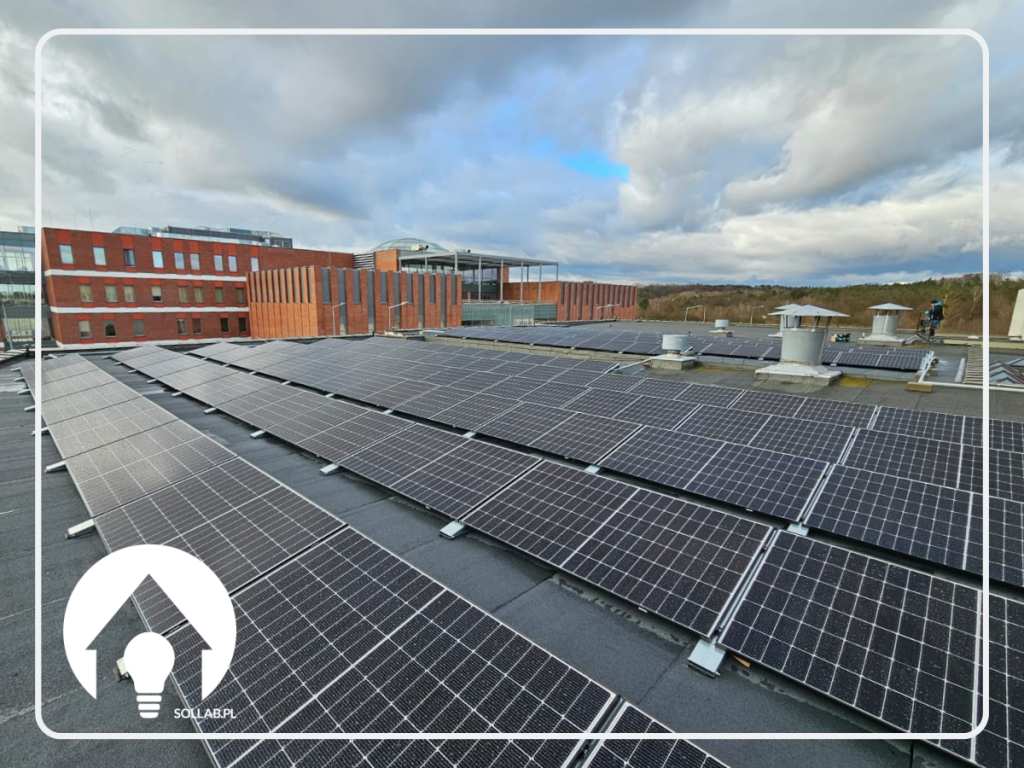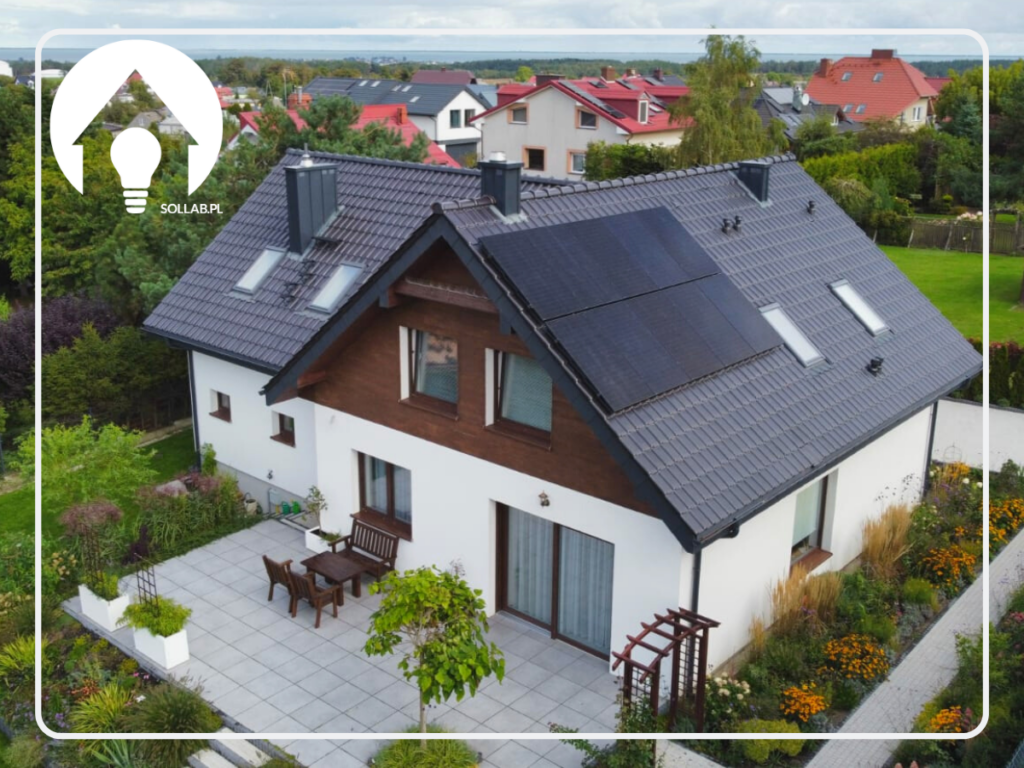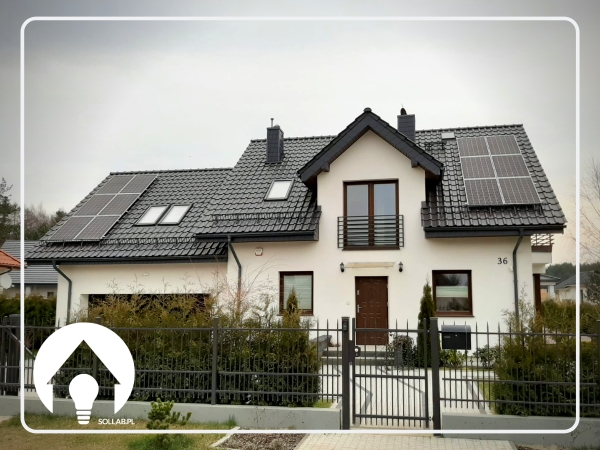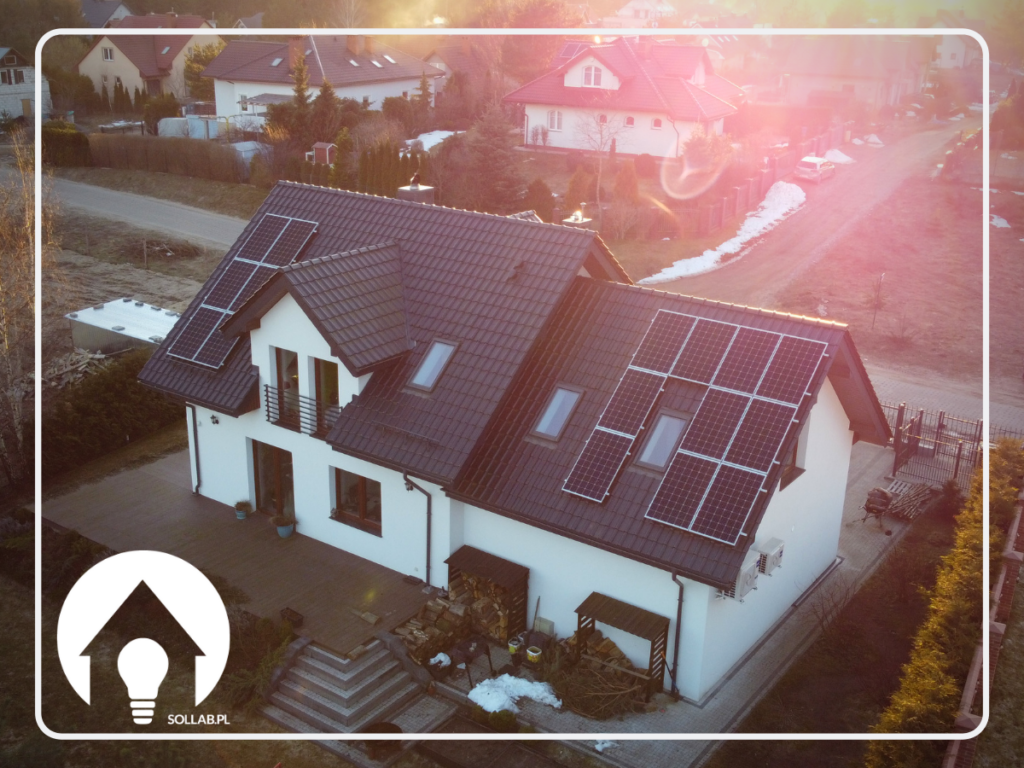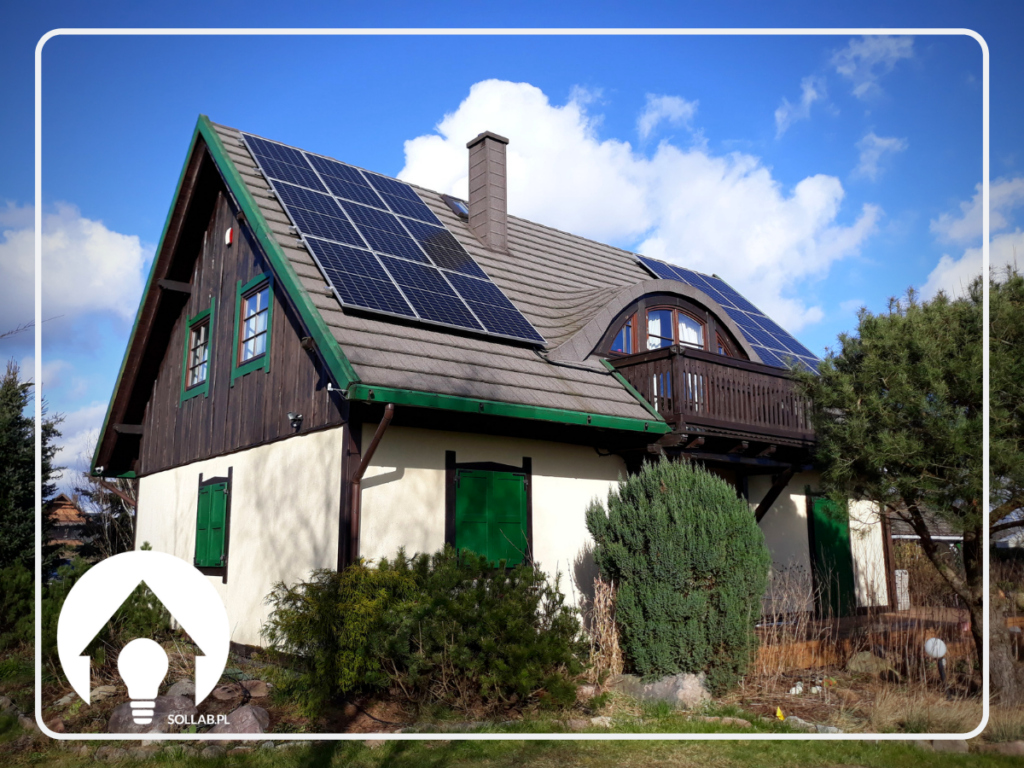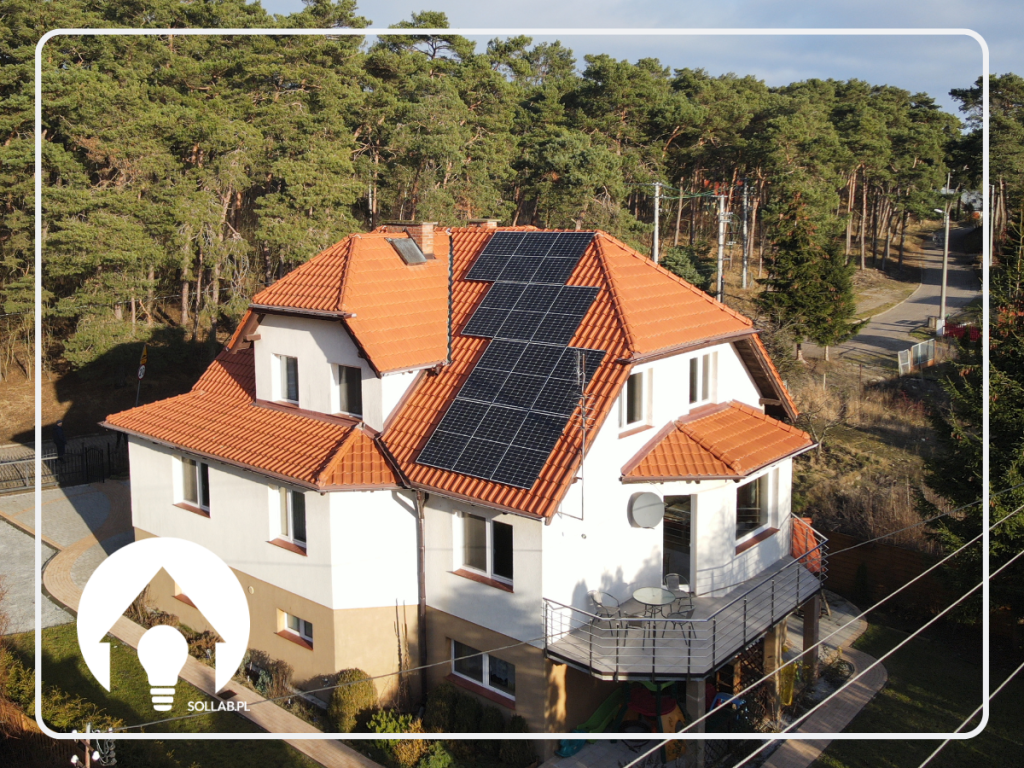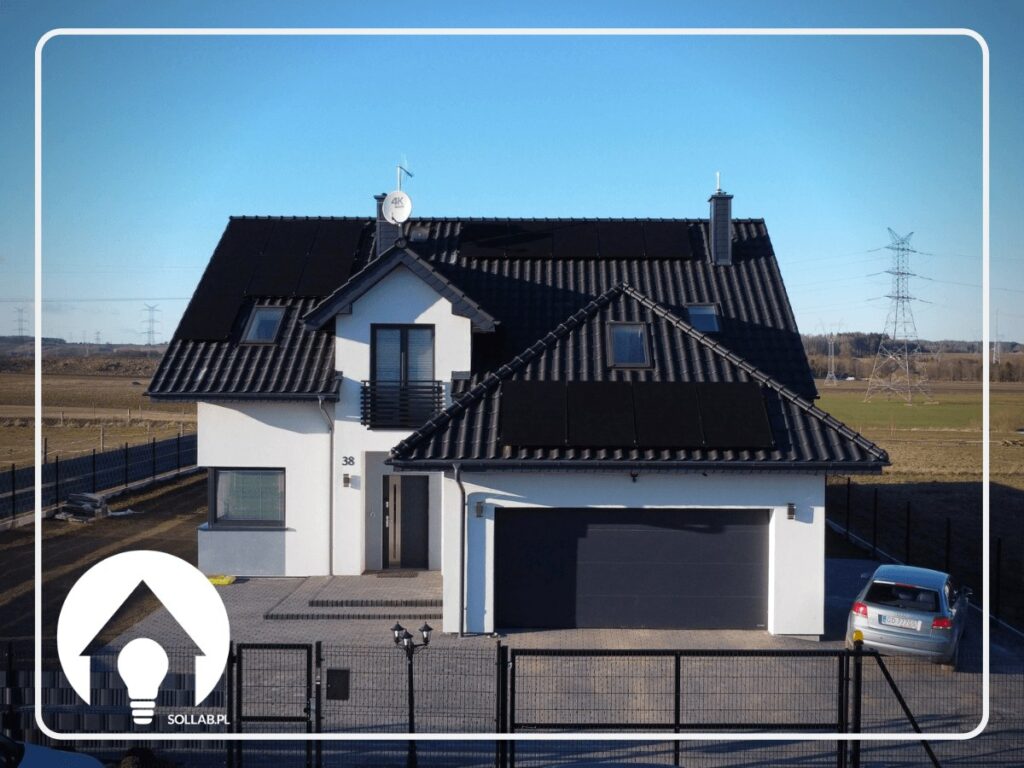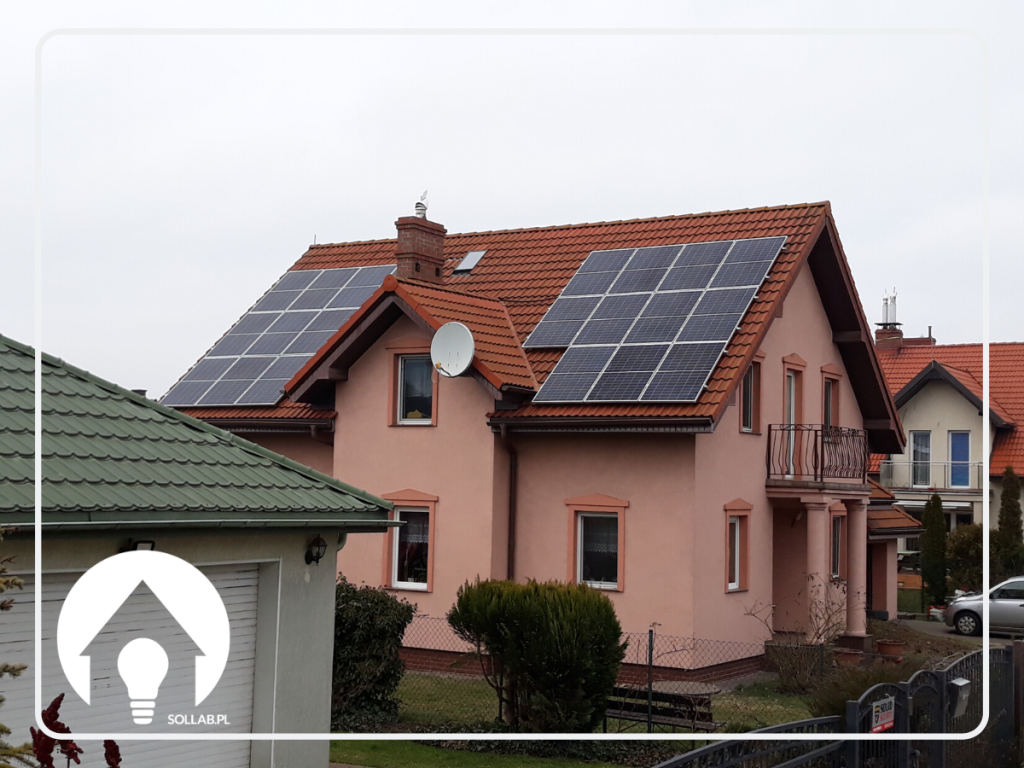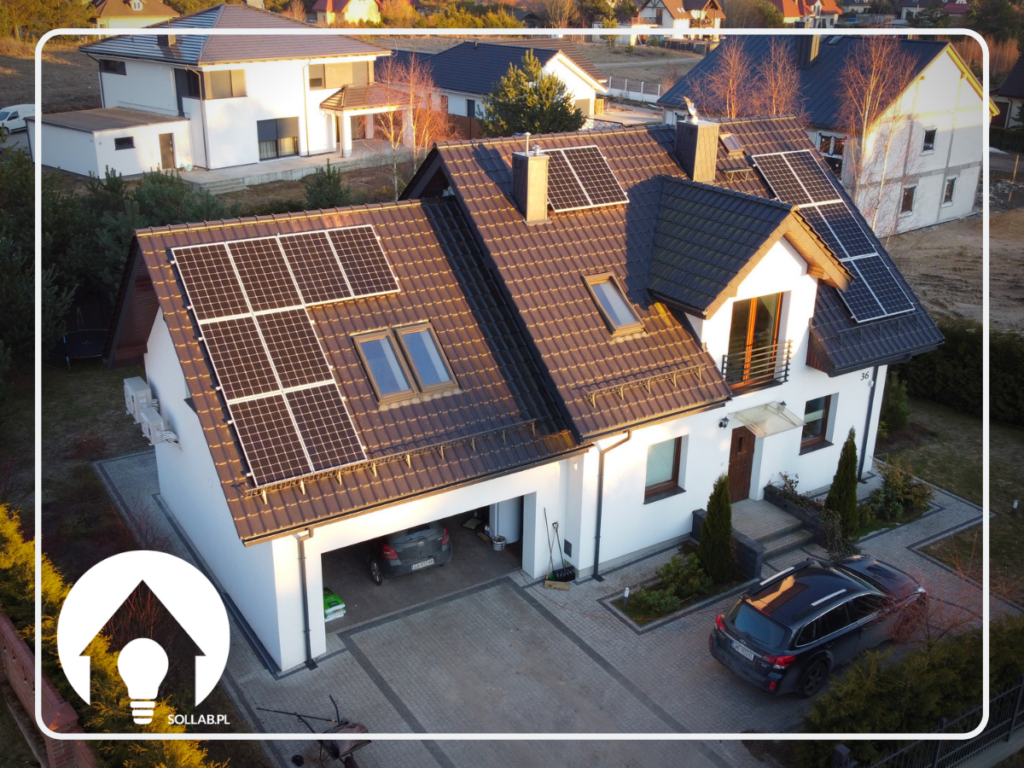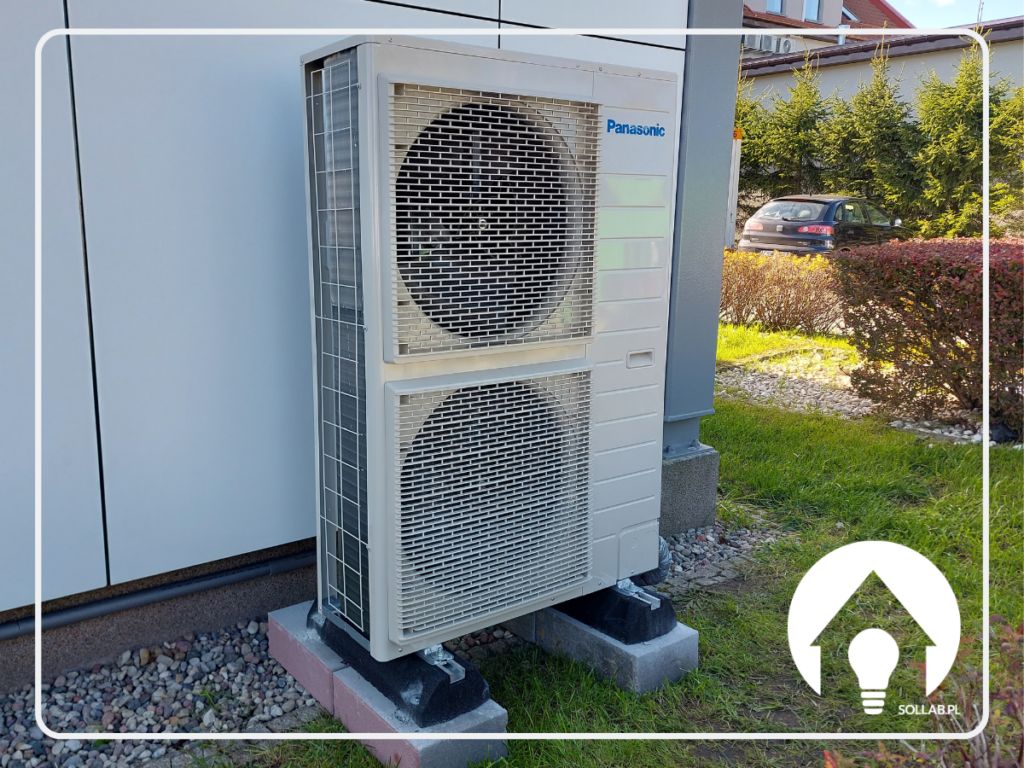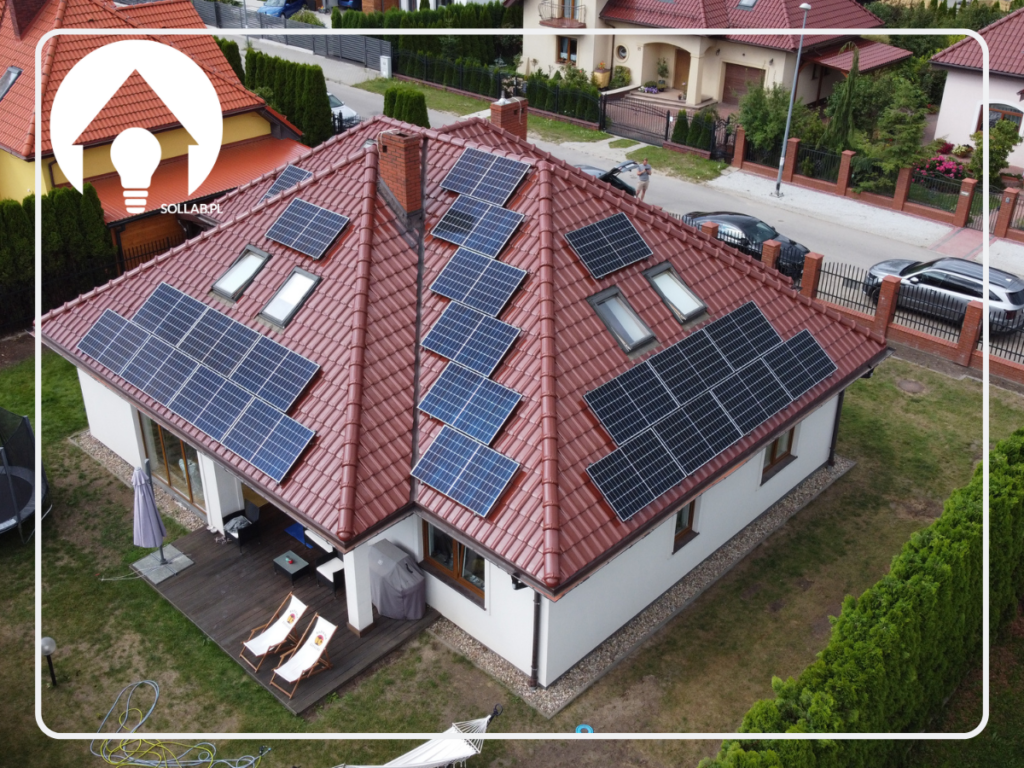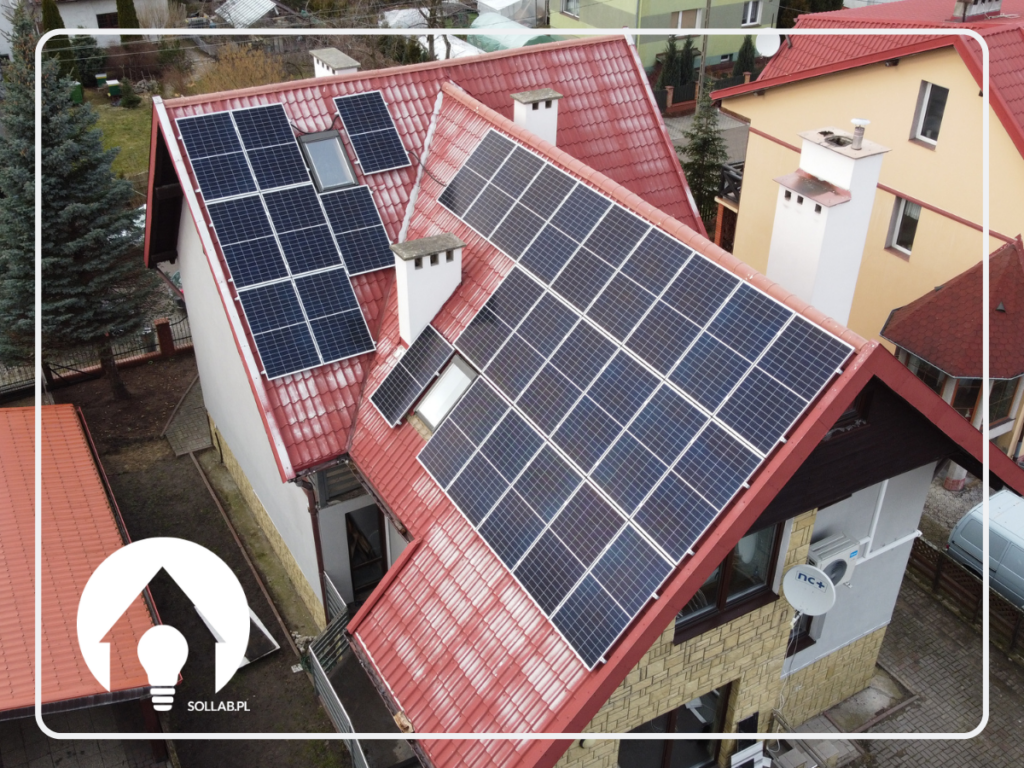The city of Sopot, famous for its many sunny days, is an ideal location for a photovoltaic installation. Sopot residents can enjoy energy straight from the sun and become independent of the electricity company. Moreover, photovoltaics reduce harmful CO2 emissions into the atmosphere.
Photovoltaics Sopot - time to bet on ecological solutions
Recently, solar installations have become increasingly famous. This is not without reason. Photovoltaic systems make it possible to save a lot of money, and we join the ranks of those who care about the Earth. What's more, using a photovoltaic system in a residential building makes it possible to become independent of electricity supply companies.
Photovoltaic technology has grown enormously in popularity. You may notice a growing number of buildings in your neighbourhood with photovoltaic panels on the roof, and you can also find a huge number of solar panels on the ground. Many people are bound to wonder why this technology has become so successful. It is therefore important to start with how it works.
What are photovoltaic panels and how do they work? Sopot
Photovoltaics is the use of sunlight to generate electricity. You can use this electricity not only to power various electrical appliances that you have in your own home, but also to heat water or to heat the building that you live in.
The key element we need to generate electricity are photovoltaic modules, often colloquially referred to as photovoltaic panels. These are usually installed on the roof of a building. In a large proportion of cases, there is no need to reinforce the roof structure - this is only the case for older properties.
In photovoltaic modules, the photovoltaic phenomenon takes place, which involves the conversion of energy from the sun into electrical energy. the current is conducted in the cells, which are made of semiconductor material. One of the most commonly used raw materials for making cells is silicon.
What are the different types of photovoltaic panels?
Solar panels can be divided into a couple of groups: monocrystalline modules and polycrystalline modules. Mono-crystalline modules are characterised by their high class and efficiency among other modules. These modules are created from a single crystal of silicon. Due to their fairly low production costs, monocrystalline modules are among the most popular modules today. But the manufacturing process for polycrystalline modules is somewhat less complicated. They are created from pure silicon semiconductors. According to estimates, the efficiency of polycrystalline modules, as opposed to monocrystalline, is 3% lower.
Is a photovoltaic installation environmentally friendly? - Sopot
Of course. A photovoltaic installation does not need any supplementary energy sources, and it does not have a bad impact on the environment. One of the reasons why people choose to install a photovoltaic installation is that it is completely ecological and does not involve pollution of the ecosystem.
Is there really anything to fear? What are investors in photovoltaics in Sopot afraid of?
Among potential buyers of photovoltaic panels, there are many myths that nestety often pass from mouth to mouth. What are these myths?
Myth 1: The climate in Poland does not allow the use of solar panels
This is the most frequently repeated myth that is completely unconfirmed in practice. As experienced panel installation specialists in Sopot, we can emphatically deny it. Our customers are satisfied and after a few seasons they gain 100 per cent independence from electricity suppliers.
In addition, Poland has very similar insolation to Germany, which is one of the leaders in photovoltaic installations in Europe.
Myth 2: Investing in photovoltaics does not pay off
This is not true. There are a large number of subsidies and rebates for the installation of a photovoltaic system, so the investment pays for itself even faster. In addition, you have to take into account the fact that year after year, electricity prices increase and the payback time for the investment decreases.
Myth 3: Photovoltaic panels won't heat your home on a cloudy day
It is a fact that the most favourable weather for a photovoltaic installation is a sunny day. However, on a cloudy day, solar panels will also do their job. Less sunshine affects the efficiency of the installation, but it does not render the installation non-functional.
See realisations in other cities:

